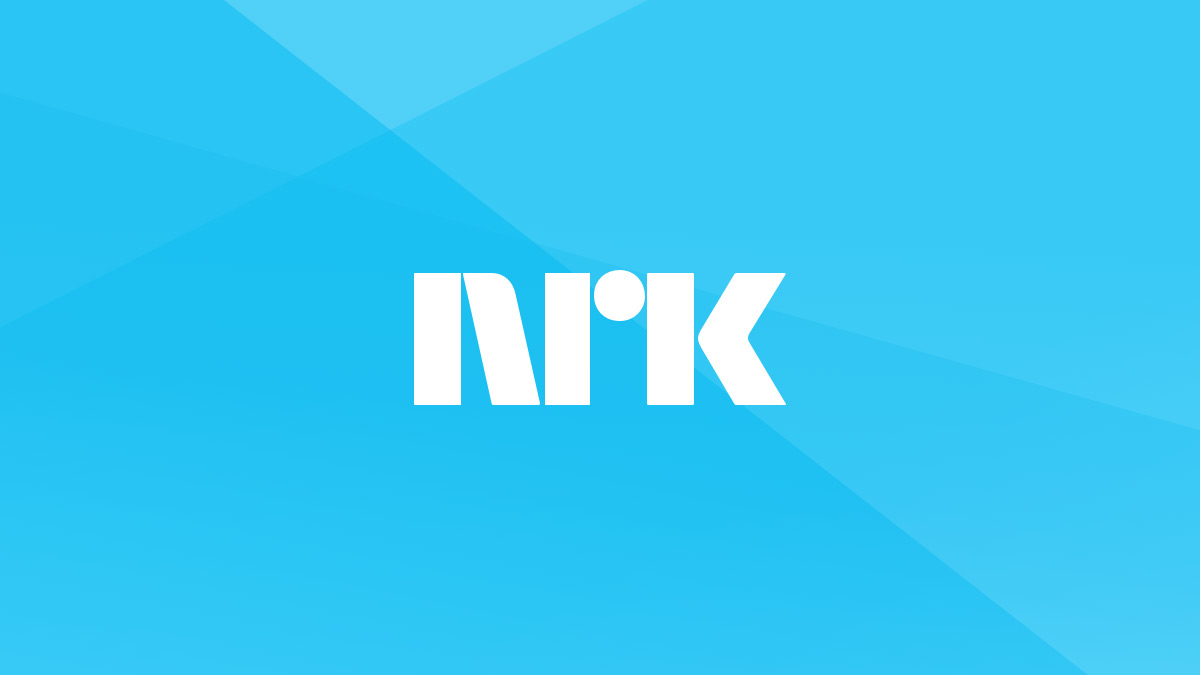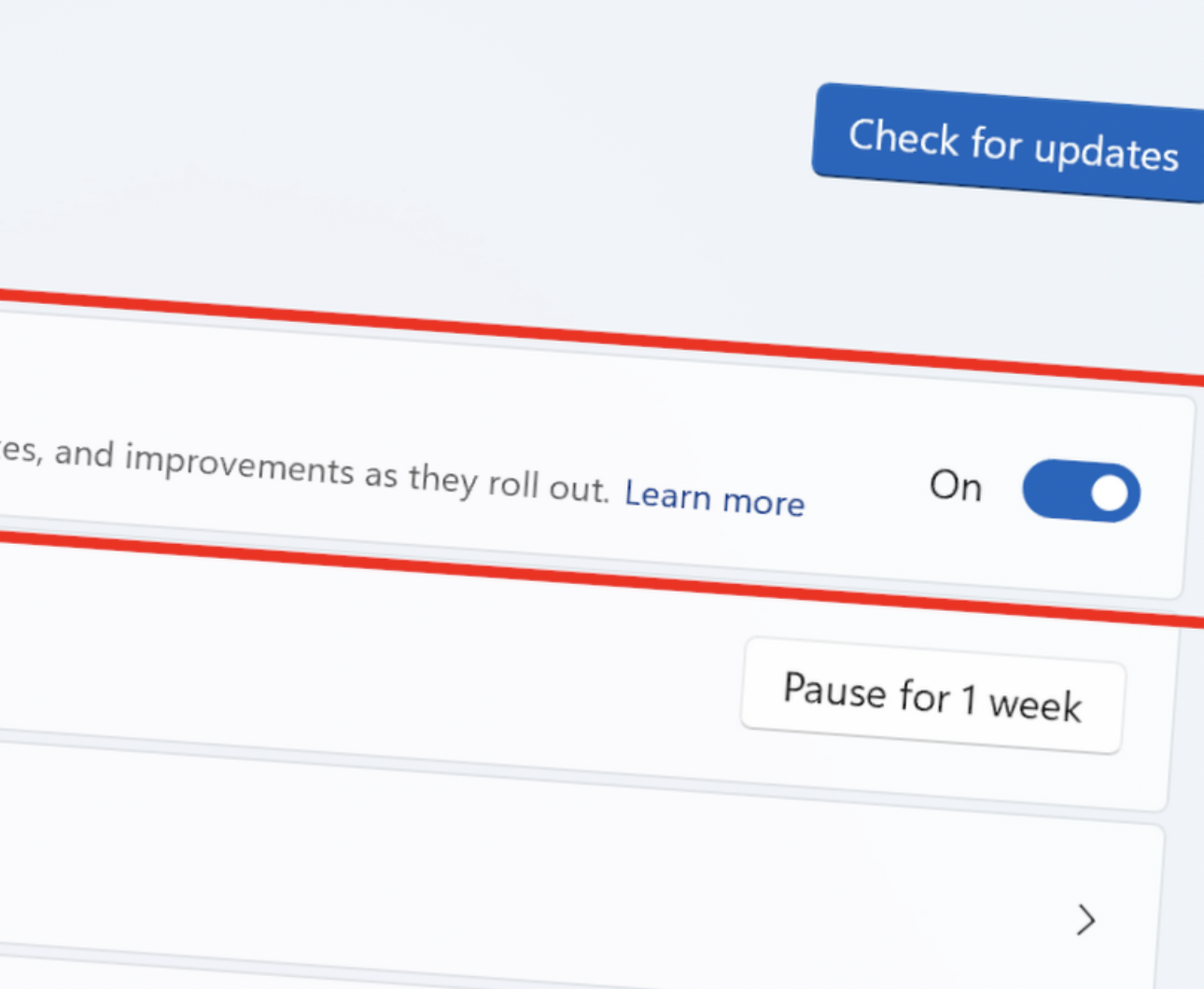More and more speakers are becoming “smart”, that is, they are connected to the Internet and have voice control.
Amazon was up front with the Echo speakers that debuted on the Eve of 2014, then Google followed up with the Home (now Nest) series in 2016.
However, Apple was late to the party, and it wasn’t until 2018 that they released the first HomePod. The high price and limitations on both third-party services and Siri made it a flop.
So, the company launched a smaller and cheaper version, the HomePod mini, in 2020, while they pushed the large version off the market — until they introduced it in a new version at the beginning of 2023. Finally, the smart speaker is also official. For sale in Norway with support from Norwegian.
We’ve had a HomePod in the house for a few months. While Apple gets a lot right in other attempts, this smart speaker isn’t for everyone.
We love this
Let’s take the positives first:
+ It is exceptionally easy to set up. All you have to do is unbox the speaker, plug in the power cable, hold your mobile close to it – and you’ll be up and running in no time. Nobody does this better than Apple.
Easy to use: Almost even the youngest man of two can use a HomePod. This means (unfortunately) that Captain Sabertooth songs are on repeat at home.
Show more
+ Apple knows the sound. They’re not necessarily known for that, and here they actually deserve more credit. Good, full and balanced sound with relatively strong bass. The cylindrical design means that sound spreads out 360 degrees, so it sounds good from all directions. We think it looks better than the new Sonos Era 100 — although its bigger brother, the Era 300, is a bit sharper again.

Home cinema: You don’t need two HomePods to get sound through your Apple TV, but the sound will naturally be much better. Admittedly, the Sonos speakers (pictured) still do a better job.
Show more
The HomePod works fine on its own, but if you buy another device, you can connect it to your Apple TV 4K for stereo sound when watching TV and movies. For the undersigned who own an old LG TV from 2009 that isn’t smart, this ups the experience by several notches.
+ Siri just got smarter. One of the complaints against Apple’s first HomePod was that Siri was “dumb” compared to the competition. When it comes to web searches, we still think Google is the leader in this area, but other than that, most of the smart functionality is there. Sonos has little to offer in this regard.

Spotlight: On top of the HomePod is a touchpad that you can use to play and pause music or adjust the volume. Lights up in color when Siri is activated.
Show more
Apple also has some tricks with the intercom function that allow you to broadcast messages to everyone in the house, for example to announce when dinner is ready.
My personal favorite is that the speaker can find the cellphone. Just say “Hey Siri, where is my iPhone?” In a short while the phone will ring if it is nearby. For me, who has a stupid old TV with a remote that no longer works, it’s also fine to ask the HomePod to turn off the Apple TV.
This pulls down
However, there are a few points that can make the HomePod completely irrelevant to you.
– It is for iPhone users only. HomePod does not work with Android. There is nothing more to say about this.

Size differences: Here we see the HomePod (1st Edition) next to the HomePod mini and Google Nest Mini.
Show more
– Spotify is not supported. Unfortunately, Apple and Spotify are arguing like kindergartners, so Spotify can’t be used as a standard music service at the time of writing. If you ask Siri to play a song, you must use Apple Music or another compatible service (currently Pandora, Deezer, TuneIn Radio, etc.). This is probably a big minus for many Norwegians who use Spotify.
You can listen to Spotify music, but then you have to play via AirPlay, which is a bit more cumbersome, and you will lose some functions. Like the cool Handoff function, which lets you “transfer” audio from your iPhone to the smart speaker just by holding the phone over the speaker (and vice versa).
– Smart speakers can be dumb. Whether it was a bad spelling on our part or whether it was the HomePod’s fault is unknown. But sometimes we have to say things many times before we get it right. Sometimes it doesn’t work at all. This generally applies to anything that uses voice control – the technology is still not what we see in the movies.
– It lacks its own app. Apple has multi-user support on the HomePod mini, and it can recognize up to six different voices. This means that each user can use their own Apple Music account, calendar, reminders, etc. This has to be done via the Home app, but here we would have preferred a separate HomePod app where all users, settings, and functions can be managed.

You must use the Apple Home app to adjust HomePod settings. Apple could helpfully put this into a separate app.
Show more
Conclusion
As a speaker, we don’t have much to complain about the HomePod. It’s beautiful, it looks great, and it’s often very easy to use. It also offers many smart functions that make everyday life easier for iPhone users.
In this sense, you can look at a smart speaker as an extension of the platform to which it belongs. HomePod is the best choice for all things Apple adopters. However, if you’re on Android, Google Nest will work.
Some may think that the price of NOK 3799 is high. The alternative is to go with the smaller HomePod mini version at NOK 1,249. This is a great buy because it will hold a small smart speaker for, say, the home office. The Mini also looks good for being small, although it’s the bigger brother you should go for if you want to play loud.
– Nice design
– Great sound
– easy to use
– Many smart functions
Easily set up as stereo speakers with Apple TV
– Only works with iPhone
– Lacks proper Spotify support
– a little high price

“Web specialist. Lifelong zombie maven. Coffee ninja. Hipster-friendly analyst.”




